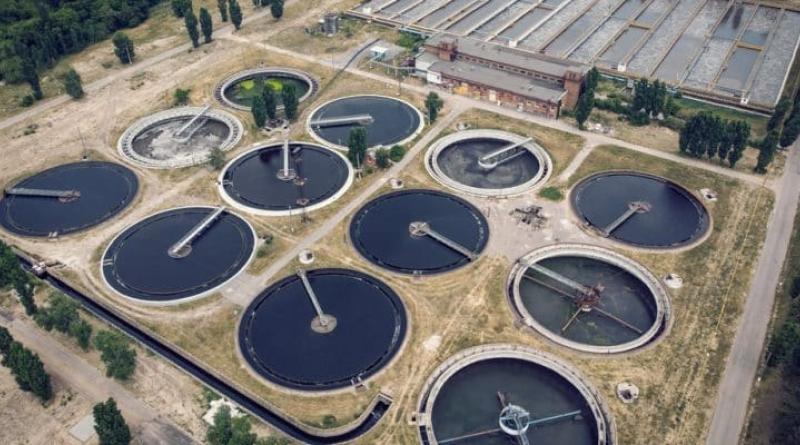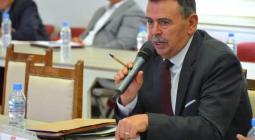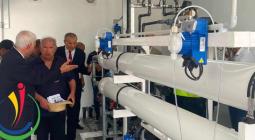TUNISIA: the ADB supports the reuse of treated wastewater with €82 million

Tunisia is banking on the reuse of treated wastewater to increase its hectares of arable land, in a context of scarcity of water resources. The African Development Bank (AfDB) has just granted a loan of 81.9 million euros to the North African country to support this approach.
The African Development Bank (AfDB) supports Tunisia in wastewater management. The pan-African financial institution is granting €81.9 million to the Project to Improve the Quality of Purified Wastewater for Better Resilience to Climate Change (PAQEE-RCC), whose work begins in 2024.
Aware that improving the quality of treated wastewater requires better efficiency in the treatment of effluents, and compliance with current standards for reuse, the Tunisian government plans to modernize 19 wastewater treatment plants as part of the PAQEE-RCC. Wastewater treatment plants are located in 11 governorates.
Strengthening farmers’ resilience to drought
With the support of the ADB, the Tunisian government will finance the renovation of electromechanical and electrical equipment, as well as the installation of photovoltaic solar energy systems which will take over from the treatment plant power supply in the event of power outages. electricity.
The wastewater treated by these plants is intended for the irrigation of 3,000 hectares of agricultural land in Tunisia. Improving the quality of treated effluent will only be beneficial for soils and crops. “ The PAQEE-RCC project will take an active part in food security in Tunisia, increasing the production of olives, dates and other fruits, fodder for animal, dairy and meat production in a context of drought and scarcity of water resources and inflation in the prices of food products on the international market”, explains Belgacem Ben Sassi, regional water and sanitation coordinator at the ADB . As a reminder, for several years, an unprecedented drought has affected agriculture in this North African country, populated by around 11.8 million inhabitants.
According to the ADB, 670,000 people will be impacted by the PAQEE-RCC project by 2028. The initiative will also create around 200 direct temporary jobs (including 20% for women), 50 direct permanent jobs (including 30% for women) and 1,000 indirect jobs (including 35% for women).






